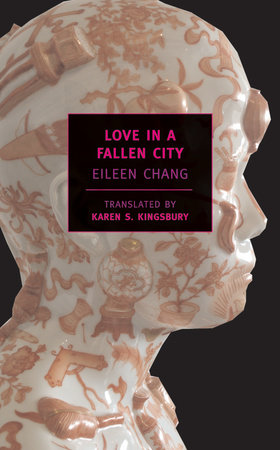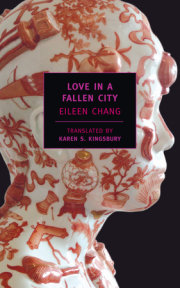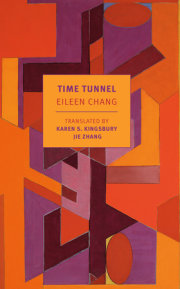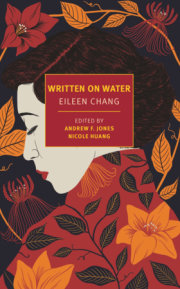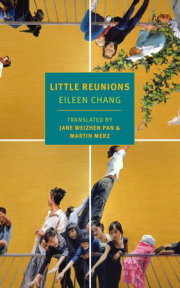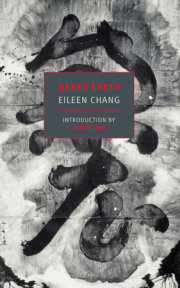A New York Review Books Original
“[A] giant of modern Chinese literature” –The New York Times
"With language as sharp as a knife edge, Eileen Chang cut open a huge divide in Chinese culture, between the classical patriarchy and our troubled modernity. She was one of the very few able truly to connect that divide, just as her heroines often disappeared inside it. She is the fallen angel of Chinese literature, and now, with these excellent new translations, English readers can discover why she is so revered by Chinese readers everywhere." –Ang Lee
Eileen Chang was born in China and died in Los Angeles, living most of her life as an obscure, impoverished, and reclusive exile. She ran away from a troubled family to lead the bohemian life of a writer, and in the late Thirties and Forties her stories about Shanghai and Hong Kong transformed Chinese literature. Chang said her goal was to describe “the little things that happen between men and women,” and she did this in a way that was at once subtle, up-to-date, psychologically fraught, unsentimental, and full of richly suggestive imagery. She is now recognized as one of China’s great writers not only by a few critics and academics, but by a vast and passionate public.
Love in a Fallen City is the first English-language publication to present a full selection of this haunting writer’s novellas, the heart of her achievement. These are stories of seduction and betrayal, hypocrisy, cruelty, and frustration: a girl falls for a cad who she knows does not love her; a young man is driven to an act of terrible and yet futile violence by his father’s abuse and his own dark desires; a woman draws on the ever-diminishing credit of her good reputation in an attempt to snare an indifferent man; a couple’s accidental meeting in a besieged city leads to the discovery that true love is a matter of expediency, not passion. “The Story of the Golden Cangue,” here in Eileen Chang’s own celebrated translation, offers a portrait of an aggrieved wife whose relentless pursuit of vengeance–on her husband, her children, and above all herself–turns her into one of the most terrifying and pitiful monsters in modern fiction.
In Love in a Fallen City American readers will discover the wrenching and glamorous vision of a twentieth-century master.

